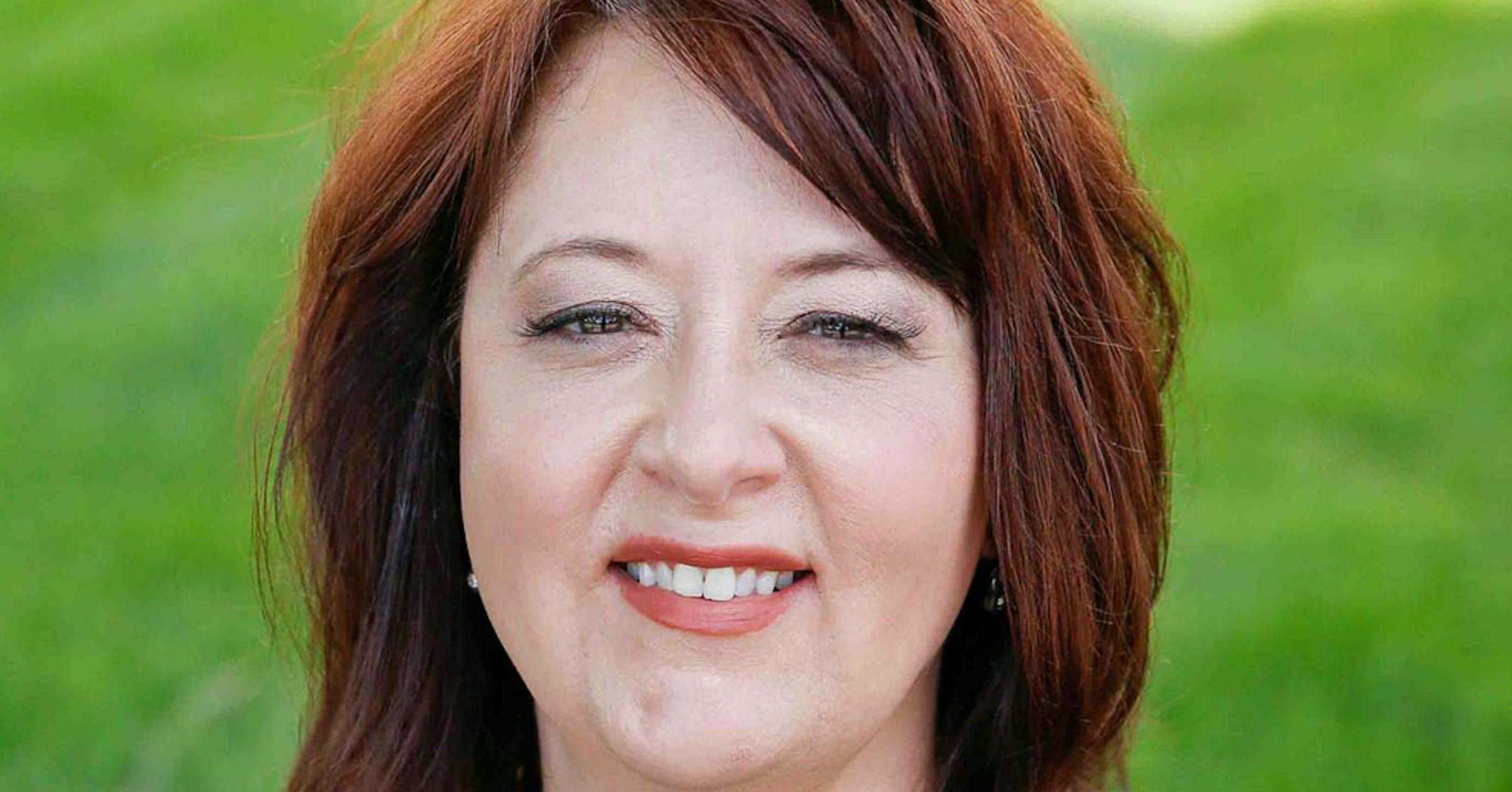CBS News
3 times you should pay off credit card debt collections (and 3 times you shouldn’t)

Getty Images/iStockphoto
Dealing with credit card debt in collections can feel overwhelming. Whether it’s due to financial hardship, unexpected expenses or a moment of oversight, unpaid debts can lead to aggressive collection calls, damage to your credit score and a cloud of financial uncertainty. That’s why the conventional wisdom often suggests paying off all debts as quickly as possible to try and limit the repercussions.
However, the reality is often more nuanced. There are circumstances where paying off debt in collections is the smartest move, helping you rebuild your financial standing and avoid further complications. But there are also situations where it may be unnecessary or even counterproductive to do so and making the wrong choice about this type of debt can have serious consequences.
After all, if you pay off the wrong debt at the wrong time, you might drain your emergency fund or miss out on debt settlement opportunities. But if you ignore the right debt at the wrong time, you could face lawsuits or further damage to your credit score. As a result, it’s important to understand when to pay — or not to pay — to help you make the best decisions about your financial future.
Start tackling your credit card debt that’s in collections today.
3 times you should pay off credit card debt collections
Here’s when it makes sense to pay off what you owe to a debt collector:
When you plan to apply for a major loan
If you’re gearing up to apply for a mortgage, car loan or other significant financing, paying off debt in collections can improve your chances of approval. Lenders scrutinize your credit report and collections accounts can be red flags indicating financial instability. While paying off the debt won’t erase it from your credit report, it can reflect positively by showing that you’ve taken responsibility. Plus, some lenders might require all collections to be resolved before approving your application.
Find out how the right debt relief strategy could provide relief now.
When you want to stop legal action
Creditors or collection agencies can escalate unpaid debts by suing you for the balance (and any fees and interest charges tied to it). If this happens and they win, they can garnish your wages or place liens on your assets. Paying off the debt, either in full or through a negotiated settlement, can prevent or halt such legal proceedings. This is particularly critical if the debt is within the statute of limitations, meaning the creditor can still legally pursue you in court.
When the debt is valid and you have the means to pay
If the debt is legitimate, within the statute of limitations, and you have the financial resources to pay it, it’s typically wise to settle it. Ignoring valid debt can lead to further financial strain through accruing interest and fees, not to mention ongoing damage to your credit score. Paying it off, though, demonstrates financial responsibility and offers peace of mind, allowing you to move forward with a clean slate.
3 times you shouldn’t pay off credit card debt collections
And here are a few times when it may not make sense to pay off the debt:
When the debt is beyond the statute of limitations
Every state has a statute of limitations that limits how long a creditor can sue you for unpaid debts. If the debt is beyond this period, known as a time-barred debt, you can no longer be legally forced to pay it. Making a payment or acknowledging the debt can restart the clock on the statute of limitations, making you vulnerable to legal action. In this case, it’s better to let the debt remain dormant unless you’re ready to settle it entirely.
When the debt isn’t yours or contains errors
Mistakes happen and not all debts reported to collections are legitimate. If you believe the debt isn’t yours or contains inaccuracies, don’t rush to pay it. Instead, dispute the debt with the collection agency or credit bureaus. Under the Fair Debt Collection Practices Act (FDCPA), you have the right to request validation of the debt, and collection agencies are required to provide proof. Paying a debt you don’t owe can waste money and reinforce errors in your credit report.
When paying would cause financial hardship
If paying off the debt would drain your savings or compromise your ability to meet basic needs, it may be better to prioritize essential expenses and explore other solutions. For instance, you might negotiate a payment plan or settle the debt for less than the full amount. Alternatively, working with a credit counselor or pursuing bankruptcy (in extreme cases) could be more sustainable options. Ultimately, sacrificing your financial well-being to pay off collections isn’t worth it if it jeopardizes your future stability.
The bottom line
Deciding whether to pay off credit card debt in collections requires a careful evaluation of your circumstances. Paying off the debt can be a strategic move if it’s necessary for financial goals, legal protection or peace of mind. However, rushing to pay under the wrong conditions — such as dealing with time-barred debt or financial hardship — can lead to unnecessary stress and expense.
The key is to understand your rights and options. If you’re unsure about how to proceed, consider seeking advice from an expert or a debt relief specialist. By approaching debt collection with a clear strategy, you can take control of your finances and make decisions that benefit your long-term financial health.
CBS News
What Trump’s choice of RFK Jr. could mean for public health

Watch CBS News
Be the first to know
Get browser notifications for breaking news, live events, and exclusive reporting.
CBS News
Democratic senators ask Pentagon and DOJ to investigate any Elon Musk contact with Putin and other top Russians

Two top Democratic senators are asking the Pentagon and the Justice Department to investigate billionaire Trump ally Elon Musk’s reported contacts with Russian President Vladimir Putin and other top Russian officials in recent years.
Sen. Jack Reed, chairman of the Senate Armed Services Committee, and Sen. Jeanne Shaheen, a top member of the Senate Armed Services and Foreign Relations Committees, wrote a letter to Defense Department Inspector General Robert Storch and Attorney General Merrick Garland Friday, urging them to determine whether Musk’s reported contacts with the Russians should force a review of the federal government’s contracts with his company, SpaceX. Reuters was first to report the request.
The Wall Street Journal reported in October that Musk has been in regular contact with Putin since late 2022, and that Putin asked Musk to activate his Starlink satellite internet program over Taiwan for Chinese President Xi Jinping. SpaceX did not immediately respond to a request for comment.
Shaheen and Reed expressed concern that giving a security clearance to someone with a reported history of Russian communications could pose a national security risk.
“These relationships between a well-known U.S. adversary and Mr. Musk, a beneficiary of billions of dollars in U.S. government funding, pose serious questions regarding Mr. Musk’s reliability as a government contractor and a clearance holder,” the senators wrote.
The world’s richest man has become a close ally of President-elect Donald Trump in recent months, giving over $130 million to help elect him, campaigning and traveling with him, and weighing in on Cabinet picks. Trump announced earlier this week that he’s tapping Musk and businessman Vivek Ramaswamy to lead a new Department of Government Efficiency.
CBS News also reported Friday that Musk recently met with Iran’s ambassador to the U.N., Amir Saeid Iravani, at the ambassador’s residence in New York, according to two sources familiar with the meeting. The U.S. does not have diplomatic relations with Iran.
The senators also sent a separate letter to Air Force Secretary Frank Kendall, expressing their concern that the Space Force’s reliance on SpaceX could also affect national security.
and
contributed to this report.
CBS News
Man accused of killing Georgia nursing student Laken Riley “went hunting for females,” prosecutor says

A Venezuelan man “went hunting for females on the University of Georgia’s campus” earlier this year and ended up killing nursing student Laken Riley after a struggle, a prosecutor said Friday. The man’s lawyer, though, said the evidence is circumstantial and doesn’t prove his client is guilty.
Jose Ibarra, who entered the U.S. illegally, is charged with murder in the February killing, which helped fan the immigration debate during this year’s presidential campaign. Ibarra waived his right to a jury trial, meaning his case is being heard and decided by Athens-Clarke County Superior Court Judge H. Patrick Haggard.
Prosecutor Sheila Ross told the judge that Ibarra encountered Riley Feb. 22 while she was running on the University of Georgia campus in Athens. Riley, 22, was a student at Augusta University College of Nursing, which also has a campus in the city that is about 70 miles east of Atlanta.
“When Laken Riley refused to be his rape victim, he bashed her skull in with a rock repeatedly,” Ross said, adding that the evidence would show that Riley “fought for her life, for her dignity.”
As a result of that fight, Ibarra’s DNA was left under her fingernails, Ross said. Riley called 911 and, in a struggle over her phone, Ibarra’s thumbprint was left on the screen, she said.
That forensic evidence is sufficient to prove Ibarra’s guilt, but digital and video evidence also prove that Ibarra killed Riley, the prosecutor said.
Augusta University
Defense attorney Dustin Kirby called the evidence in the case graphic and disturbing, but he said none of it proves that his client killed Riley.
“The evidence in this case is very good that Laken Riley was murdered,” he said. “The evidence that Jose Ibarra killed Laken Riley is circumstantial.”
The killing added fuel to the national debate over immigration when federal authorities said Ibarra illegally entered the U.S. in 2022 and was allowed to stay to pursue his immigration case.
Republicans, including President-elect Donald Trump, blamed Democratic President Joe Biden’s border policies for her death. As he spoke about border security during his State of the Union address weeks after the killing, Biden mentioned Riley by name.
ELIJAH NOUVELAGE/AFP via Getty Images
Riley’s mother, Allyson Phillips, and other family members packed the courtroom Friday morning but didn’t return after lunch. Phillips put her face in her hands and cried frequently, especially when photos of her daughter were shown and during descriptions of what happened to her.
Ibarra, dressed in a plaid shirt and dark slacks and with his feet chained, wore headphones to hear a Spanish-language interpreter. He appeared attentive, sometimes looking up when photos or video were shown and other times looking down at his lap.
During her opening statement, Ross laid out a timeline using doorbell and surveillance camera footage, as well as data from Riley’s phone and watch, to piece together her final moments.
Riley left home at 9:03 a.m. and headed for wooded trails where she often ran. Data from her watch shows that at 9:10 a.m., she was running at a fast pace when something happened that made her “stop dead in her tracks.” She called 911 at 9:11 a.m.
A 911 dispatcher answered but no one responded when she repeatedly sought a response, and then the call was ended by the caller. The dispatcher immediately called back, but no one answered.
“Her encounter with him was long. Her fight with him was fierce,” Ross said, noting that Riley’s watch data showed her heart was still beating until 9:28 a.m.
Ross also played security camera video that shows a man she said is Ibarra at 9:44 a.m. in a parking lot at his apartment complex. The man tossed something in a recycling bin and then appeared to throw something in nearby bushes. In the recycling bin, officers found a dark hooded jacket with blood that turned out to be Riley’s on it and strands of long dark hair caught on a button. In the bushes, they found black disposable kitchen gloves, one of which had a hole in the tip of the thumb.
Another video from about 35 minutes later shows what appeared to be the same man wearing different clothes and walking toward a trash bin with a bag and then walking back empty-handed. That bin was emptied before police were able to search it.
One of Riley’s three roommates testified that she became worried when Riley didn’t return from a run. The four friends used a phone app to track each other’s whereabouts, and Lilly Steiner testified that she became more worried when she saw that Riley’s phone showed her in the same location for a long time.
Riley often talked to her mother by phone when she ran, and her mother also became concerned that morning when her daughter didn’t answer her calls.
Steiner and another roommate, Sofia Magana, walked to the trail where the phone app indicated Riley was located. They found what they believed was one of Riley’s earbuds on the trail and returned home to call police.
One of the officers who responded found Riley’s body partially covered by leaves, 64 feet off the trail. Although her shirt had been pulled up and her underwear was showing above the lowered waistband of her running tights, Ross said there was no evidence that Riley had been sexually assaulted.
Police arrested Ibarra the day after the killing.
Before Ross played video from the body camera of the officer who found Riley, she warned Riley’s family that her dead body would be shown. Riley’s mother left the courtroom, but other family members and friends remained, some of them crying or covering their faces during the video.
Ibarra is charged with one count of malice murder, three counts of felony murder and one count each of kidnapping, aggravated assault, aggravated battery, hindering an emergency telephone call, tampering with evidence and being a peeping Tom.
Prosecutors say that on the day of Riley’s killing, Ibarra peered into the window of an apartment in a university residential building, which is the basis for the peeping Tom charge.






